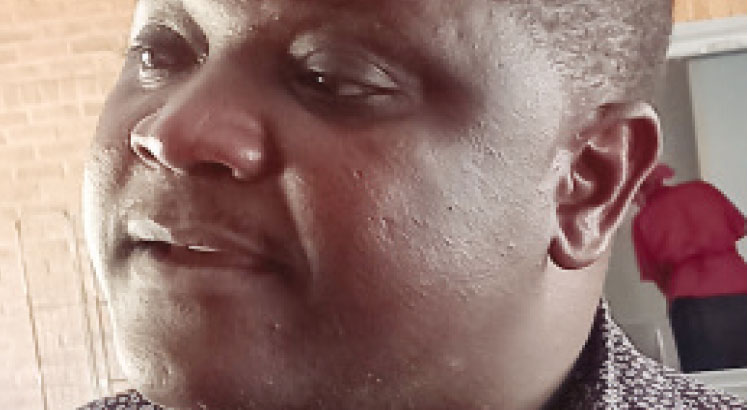K830m cancer equipment stuck in India
A multi-million kwacha hi-tech cancer treatment machine designated for the cancer centre in Lilongwe has been lying idle in India for four years as thousands of patients struggle to access specialised treatment abroad.
In an interview on Friday, head of the cancer centre Dr Richard Nyasosela confirmed the development, saying government has not completed the construction of a bunker at the cancer facility where the equipment is set to be installed; hence, the delay.
The machine, known as Bhabhatron-II, is used for radiation therapy (radiotherapy), a treatment that uses high doses of radiation to kill cancer cells and shrink tumours, according to experts.

The Indian Government donated the equipment when that country’s Vice-President Shri Venkaiah Nadu visited Malawi in 2018. Valued at $1 05 million (about K830 million), according to the India High Commission, the machine can treat between 80 and 100 people per day.
Nyasosela said the cancer centre is currently offering chemotherapy, hormonal therapy and other targeted agents to cancer patients, in addition to surgery.
He said: “What we do not have are radiotherapy services. The Ministry of Health is in the process of ensuring that we have radiotherapy by 2023.”
Nyasosela, an oncologist, said the bunker construction has been delayed because of the rigorous steps that are followed to ensure public safety.
“With radiation, you have to ensure that the building that will house the machines is safe to both health workers and the public. You need to involve medical phases in calculating radiation doses that will make sure that everyone is safe,” he explained.
The oncologist added that radiotherapy is effective in treating brain tumors and other advanced cancer conditions.
Said Nyasosela: “With radiation, even if the tumour is in the brain you can treat it with minimal side effects.”
He said the number of people that are referred to India for radiotherapy are between 20 and 50 each year “depending on the Ministry of Health annual budget.”
Nyasosela said the cancer centre is treating 6 000 patients annually, of which over 4 000 require radiotherapy.
“Most of our cancers are advanced as such radiotherapy will be the backbone of treatment. That is if we compare it with surgery. Most cases are inoperable due to late detention,” he assessed.
In a written response, the India High Commission head of chancery Harjeet Singh thinly expressed worry over the delay to install the radiotherapy machine.
“[The machine] will not have any durability implications due to delay in installation. However, early installation would certainly help the needy people,” he said.
Meanwhile, health activist George Jobe has urged government to speed up the construction and shipment of the equipment.
He observed that delays to finalise the project was leading to many deaths of patients who cannot access specialised treatment abroad, and feared that delays to operationalise thefacility would lead to brain drain of cancer experts.
Government had earlier said the equipment would be shipped into the country in 2019 but failure to finish constructing bunkers foiled the plan.
During an inspection of the cancer centre construction early this year, Vice-President Saulos Chilima said he had been assured that the centre will be fully operational by June 2022.





